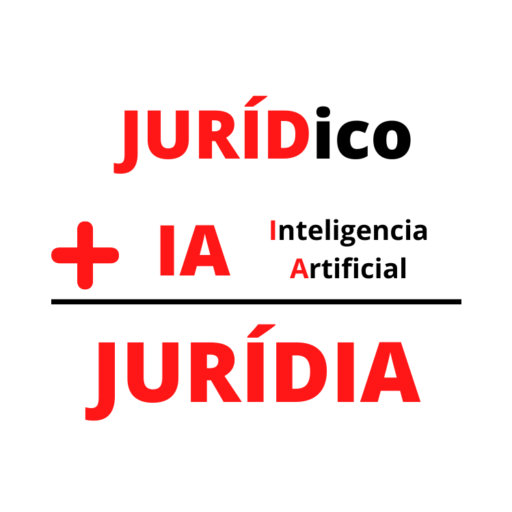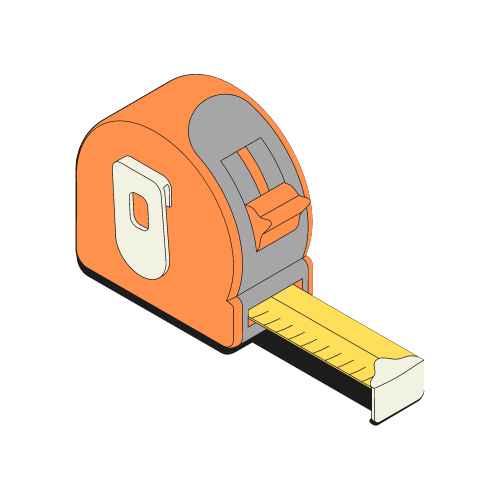By: Camilo Alfonso Escobar Mora
Founder of JURÍDIA
Law Academy on Artificial Intelligence – For Lawyers / Legal Teams – Worldwide
These questions (and answers) about the law in relation to artificial intelligence (A.I.) are decisive to understanding (to be clear about) how the legal validity of artificial intelligence exists (that is, to know the form in which legally valid artificial intelligence exists, that is, to clarify the form -of existence- of legal validity of A.I.):
1) Does the law applies in relation to artificial intelligence? How does it apply?
Yes, when an object/product known as artificial intelligence exists in a legal relationship. Because the law applies in the (every, any, all, -the whole of the-) legal relationship. That is, in the relationship between human beings in which there are -exist- (apply, proceed) rights and duties (legal rights and duties -that is, rights and duties defined in the, all of, law; properly: rights and duties-).
2) Is the law sufficient face to artificial intelligence?
Yes, because (what is defined in) law – in the whole of law – indicates how rights and duties exist. That is, it communicates the form (of the existence) of rights and duties – that is, the form in which rights and duties exist. And this applies to the extent of the form in which there is the -respective- (each, all, any, the whole of the) legal relationship linked to the (one, some, any, every, all, the whole of) artificial intelligence.
3) Is it possible to comply with the law in relation to artificial intelligence? Is it possible that there is the enjoyment of rights and fulfillment of duties in relation to artificial intelligence?
Yes, because (as defined in) the -all of- law it (the law) applies to the extent of the form in which there is (exists, is existing; exists) everyone in each (the, any, every, all, the whole of) legal relationship that includes the (one, some, any, every, all, the whole of) artificial intelligence. Therefore, when each one complies with it (when each one applies the law based on the way in which -what is defined in, it- applies, proceeds) the rights are enjoyed (there is the enjoyment of rights) and the duties are fulfilled (there is the fulfillment of duties) in relation to artificial intelligence. And when it (that law) evolves (when we -humanity- evolve, when the world -when the, form of, existence- evolves), simpler forms of (for) the enjoyment of rights and, therefore, of (for) the fulfillment of duties are achieved (that is, the form -of existence- of the compliance with -what is defined in- the law, that is, the form -of existence- of the application -of what is defined in the, all- of -the- law is -gets, becomes- simpler).

